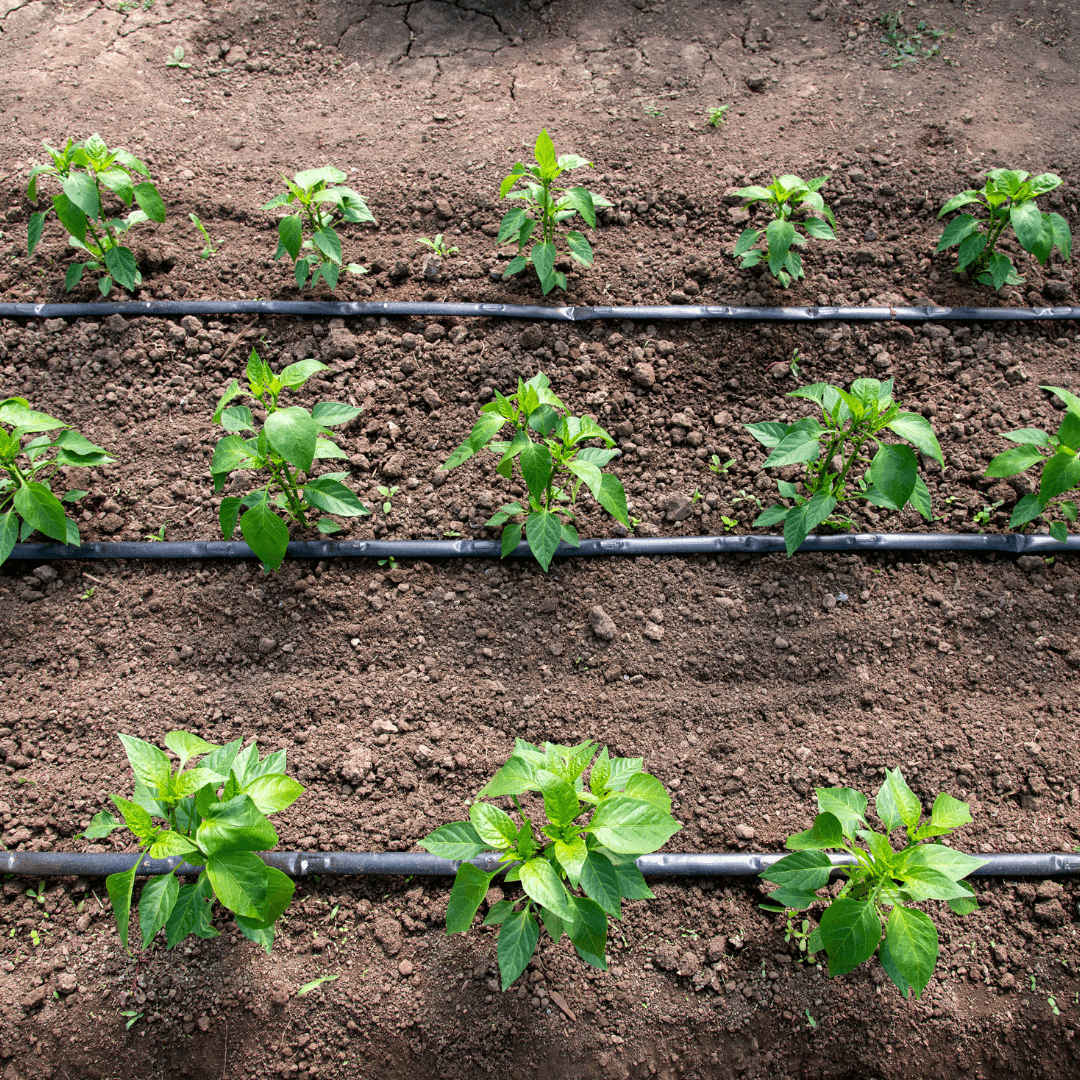How Plant Foods Play an Important Function in Growing Bountiful and healthy Pepper Crops
Plant foods work as the backbone of successful pepper growing, providing a critical approach to nurturing the dirt and promoting optimum plant growth. The detailed dancing between essential nutrients and the pepper plants' physiological procedures underscores the critical role that fertilizers play in guaranteeing a bountiful harvest. From sustaining durable origin advancement to reinforcing disease resistance, the effect of plant foods is significant in the growing of fruitful and healthy pepper crops. Remain tuned to uncover the nuanced ways in which plant foods add to the growing of pepper plants and the lasting techniques that underpin their efficiency.
Importance of Nutrient-Rich Fertilizers
The usage of nutrient-rich fertilizers plays an essential function in boosting the efficiency and top quality of pepper crops in modern farming techniques. Nitrogen, potassium, and phosphorus are main nutrients that are critical for the growth and growth of pepper plants.
Poor degrees of these nutrients can result in stunted development, lowered yields, and susceptibility to diseases (best fertilizers for peppers). Nutrient-rich fertilizers supply a targeted option to make certain that pepper plants receive the essential aspects for optimal growth and performance. Furthermore, these fertilizers aid enhance dirt fertility over time, developing a lasting atmosphere for lasting pepper growing
Enhancing Plant Growth and Growth
To enhance plant growth and development in pepper plants, tactical application of nutrient-rich plant foods is vital. Plant foods play an essential function in improving the general wellness and performance of pepper plants by giving them with essential nutrients that might be doing not have in the soil.
Iron, for instance, is essential for chlorophyll manufacturing, which is necessary for photosynthesis and total plant growth. Zinc plays an important function in enzyme activity and hormone synthesis, affecting plant growth and advancement at a cellular degree.

Boosting Illness Resistance With Fertilizers
By strategically including targeted plant foods, farmers can reinforce the condition resistance of pepper plants, guaranteeing optimum plant wellness and performance. Plant foods consisting of crucial nutrients like nitrogen, phosphorus, and potassium play a critical role in enhancing pepper plants' immune systems, making them a lot more durable to numerous diseases.

Taking Full Advantage Of Pepper Return Via Fertilizing
Utilizing a well balanced fertilizing approach is vital to attaining optimum pepper yield and making certain optimum crop efficiency. By providing peppers with the right nutrients at the ideal time, farmers can considerably improve their yield possibility. Potassium, phosphorus, and nitrogen are essential elements for pepper growth, with nitrogen helping in fallen leave and stem advancement, phosphorus sustaining origin growth and flower development, and potassium advertising general plant wellness.
To make the most of pepper yield, it is critical to perform soil tests to determine existing nutrition degrees and determine any type of deficiencies that my review here require to be addressed. Based on these outcomes, farmers can create a customized fertilization strategy that meets the specific needs of their pepper plants. Additionally, appropriate fertilizing methods such as split applications throughout the expanding season can make certain continuous nutrient availability for the plants.

Sustainable Fertilizer Practices for Peppers
In thinking about sustainable fertilizer practices for peppers, it is important to focus on lasting dirt health and wellness and ecological stewardship combined with taking full advantage of plant performance. Sustainable fertilizer practices aim to keep or improve soil fertility while minimizing adverse ecological impacts. One vital approach is making use of organic plant foods such as garden compost, manure, or cover Related Site plants, which not just offer necessary nutrients to the peppers but also add to soil structure and microbial activity. These organic alternatives help develop natural matter in the soil, boosting its capacity to preserve water and nutrients, consequently supporting long-term crop wellness and resilience.
Furthermore, accuracy agriculture methods, such as soil testing and targeted nutrient applications, can aid enhance fertilizer usage, guaranteeing that peppers get the nutrients they need without excess drainage into waterways. This not just benefits the setting by reducing contamination but also saves expenses for farmers by lessening waste. By adopting sustainable fertilizer techniques, pepper farmers can safeguard the wellness of their crops, soil, and bordering ecological communities for future generations.
Conclusion
To conclude, plant foods are crucial for cultivating healthy and balanced and abundant pepper plants. best fertilizers for peppers. They give needed nutrients for plant growth and advancement, increase illness resistance, and make the most of yield. By carrying out sustainable plant food techniques, farmers can ensure the long-term health and wellness of their pepper plants and contribute to a much more efficient and environmentally-friendly farming system
The intricate dancing in between necessary nutrients and the pepper plants' physical procedures emphasizes the essential role that plant foods play in making sure a bountiful harvest.To maximize plant development and development go to my blog in pepper plants, strategic application of nutrient-rich plant foods is necessary. Plant foods play a critical function in boosting the general health and wellness and productivity of pepper plants by supplying them with important nutrients that might be doing not have in the soil.By tactically incorporating targeted fertilizers, farmers can bolster the disease resistance of pepper plants, guaranteeing ideal plant health and wellness and performance. Plant foods having crucial nutrients like phosphorus, potassium, and nitrogen play an important duty in enhancing pepper plants' immune systems, making them more resistant to different illness.